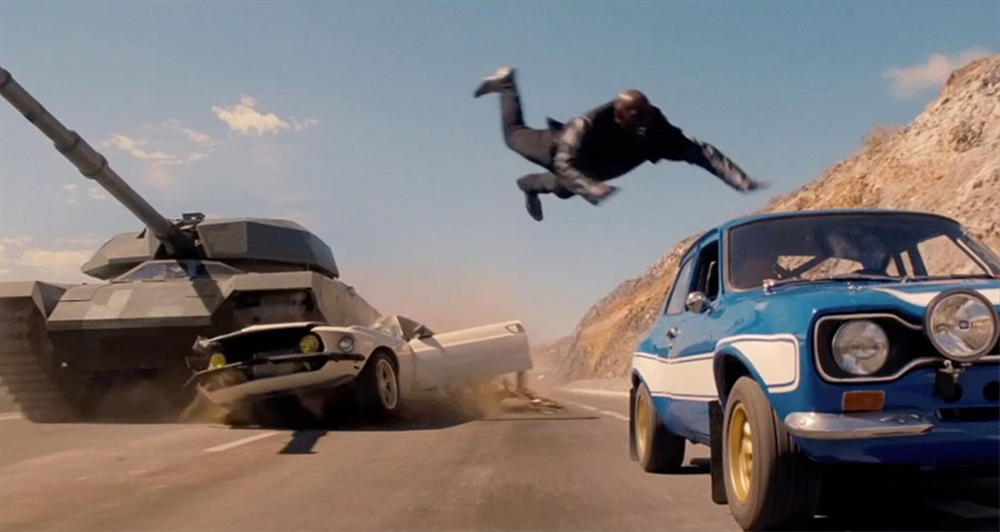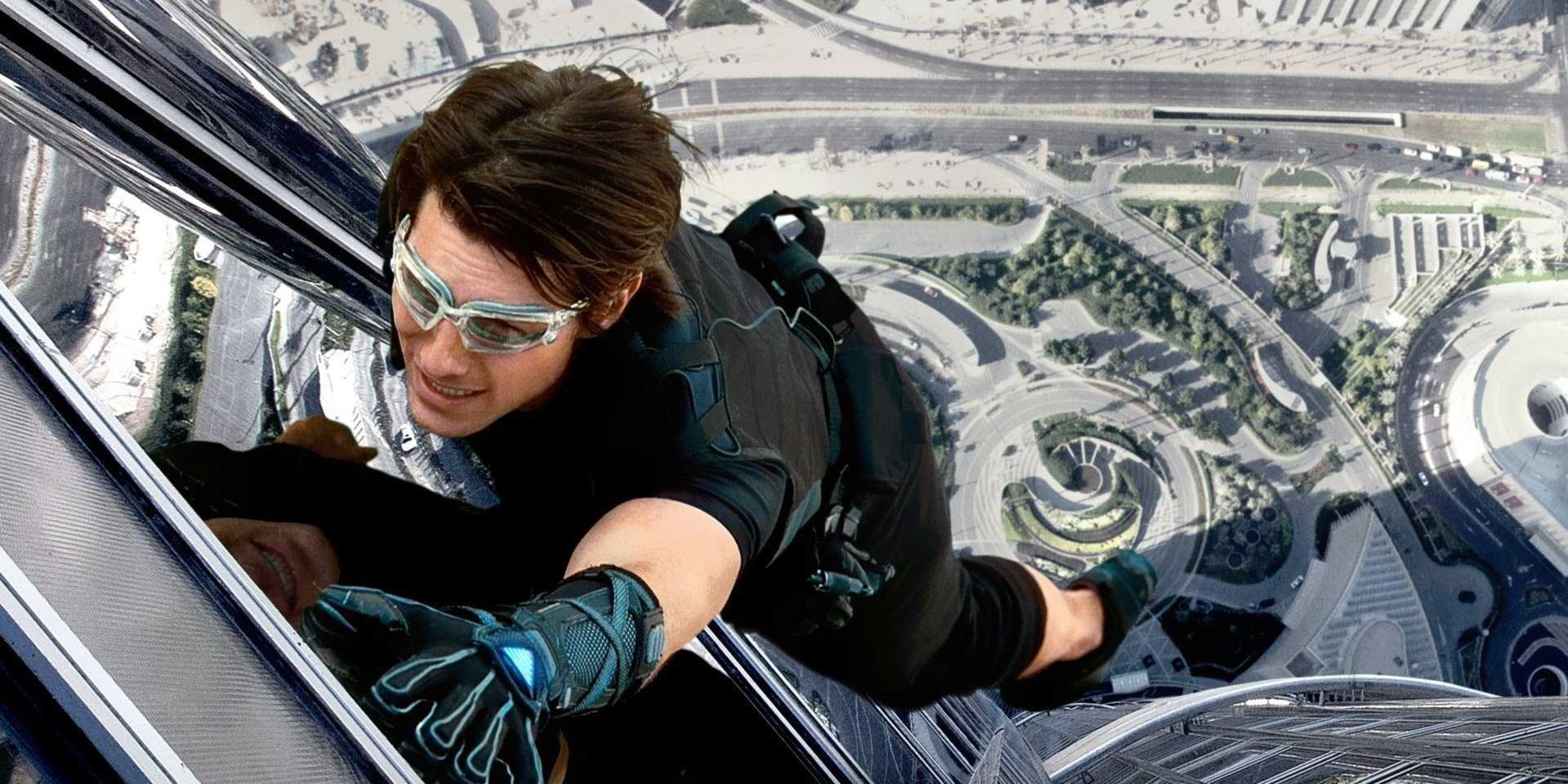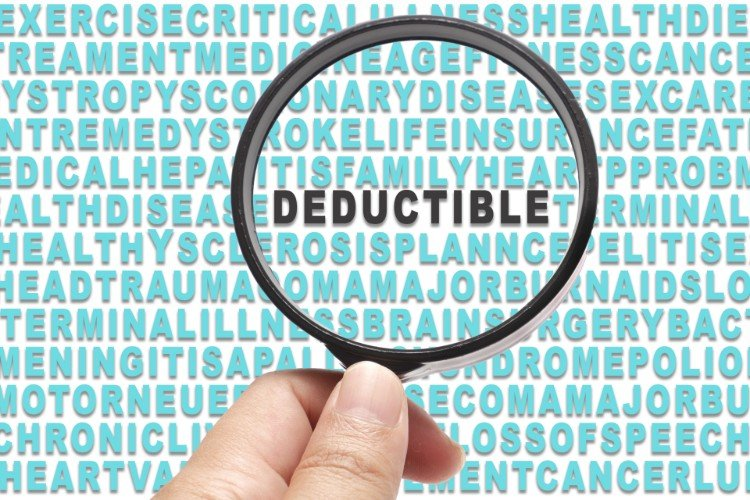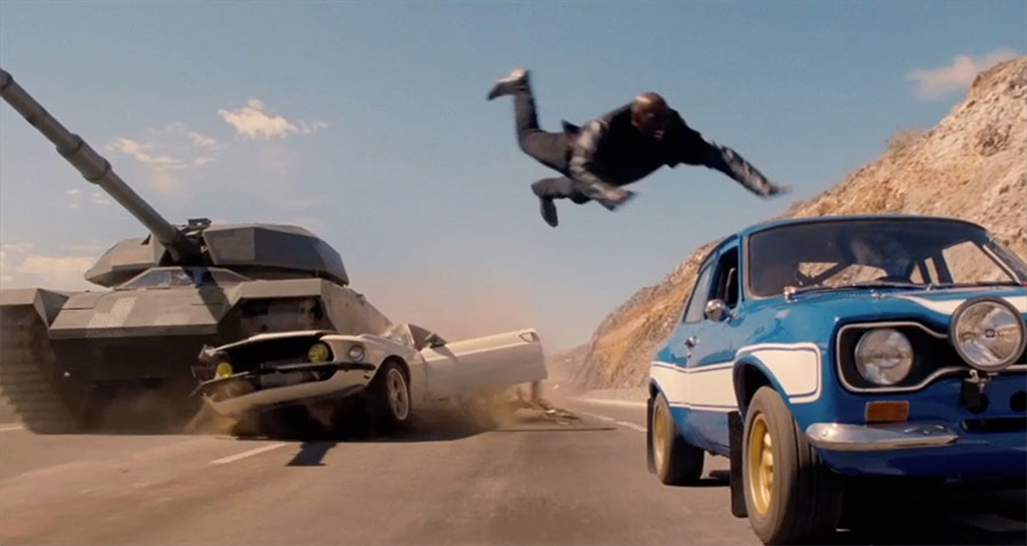Pre-production
How Production Insurance Works

Producing 101: production insurance
If you’ve ever worked on a film set, you know how unpredictable a production can be. Actors run late. Drones get lost. Teeth get lost.
Regardless of how prepared you are and how well you planned your shoot, things can (and will) go wrong. An entertainment insurance policy will protect you and your production from liability claims. Without it, not only you’ll have to pay out of pocket, but you may face lawsuits as well. Maybe your actor will not lose a tooth on set, but there’s an infinite number of smaller accidents that can end up costing you in the long run. Here’s a list of potential scenarios:
- Equipment gets damaged or worse stolen For example, someone could bump into your AC while carrying a lens.
- The location you’ve rented gets damaged. This could be anything from marks on the wall to scratches on the floor.
- Rented wardrobe clothes could get stained or torn.
- A grip could get injured while rigging a light.
- A tree could fall on your production truck parked outside of the location.
Although some of these situations may seem very unlikely to happen, they’re all real-life events witnessed by me on sets. Never underestimate the importance of production insurance, especially if you’re the producer. You should always ask yourself:
- How can I get entertainment insurance?
- How much will it cost?
- What should the policy cover?
Here’s a full breakdown that will help you navigate this aspect of production.
What type of production insurance will you need?
When it comes to film shoots, there’s no one-size-fits-all. Different productions have different needs and therefore different coverage. However, when purchasing an insurance policy there are specific elements you should be looking for. Remember that the best policy will cover everyone and everything on a shoot. The very first thing you want to identify is whether you’ll need a short-term or long-term insurance.
Short-term
A short-term policy will cover a single production even for as little as one day of filming. This type of insurance is purchased on a project-to-project basis. For example, if you are working on a music video or if you are on a tight budget, this might be the right policy for you.
Long-term
Long-term entertainment insurance is usually bought by production companies or filmmakers who shoot multiple projects every year. Sometimes, a long-term policy will be more cost-effective than a short-term one, even if you have as little as three or four shoots per year. Also, you might want to consider acquiring this type of policy if you own equipment that you actively rent out. Get a quote for both and find out what’s the best option for you.
What does a production insurance cover?
Generally, you want your policy to cover on set injuries, theft, equipment and property damage. Each film insurance will have a couple of different categories. Here are the three groups you’re most likely to encounter when shopping for production insurance:
- general liability insurance
- equipment insurance
- errors and omissions insurance
Not every filmmaker will need all of these types. Sometimes, you’ll only need a couple. Let’s break each category down so you can get a better idea of what you’ll need for your production.
General Liability Insurance
This is the policy you’ll most likely need. Whether you’re applying for a permit or working with a SAG actor, you’ll be asked to show proof of this type of insurance. General Liability covers damages to the location where you’re shooting. It can also cover some medical cost claims from third-parties. Please note that cast and crew are excluded as they’re covered through a Workers’ Compensation insurance. Some General Liability policies may cover copyright infringement as well. Always ask for a full breakdown before purchasing any production insurance.
Equipment Insurance
This is pretty explanatory. Equipment insurance covers any damages to owned or rented equipment. This does not only apply to the camera but also your lights, tripods, gimbals, mics and so on. If you invested in a good camera package for yourself, I would recommend getting this type of insurance, possibly long-term. You never know what could happen to it, it might even get stolen from your apartment. You can also purchase this policy at different stages of production; in pre-production, it can cover equipment used during the location scouting or by the production office. In production, it will cover anything used on set, while in post-production it will protect you from damages to editing software, computers, or sound mixers.
Errors and Omissions Insurance
Errors and Omissions will cover your final product. Once your film is released, whether online or in theaters, it could receive claims for the usage of unauthorized copyrighted materials. This includes anything from products, labels, ideas, titles, the list is endless. This policy will protect you from any losses caused by copyright infringement.
ADD-ONS
Most film production insurance policies are a mix of the above categories. However, the amount allocated per area differs based on your production. Are you working with animals? Are you shooting underwater? Are you filming a car chase sequence? All these specific situations will vary the price of your policy, but the goal is still to protect the producer in case of an accident. Add-ons can be purchased to ensure the best coverage. For example, Tom Cruise’s Burj Khalifa stunt in Mission: Impossible - Ghost Protocol almost didn’t happen, as it was considered too dangerous by his insurance company! They had to find a policy that would cover such a stunt.

Here is a list of add-ons you can add on top of your existing insurance:
- Animals
- Drones
- Special Effects (fire, explosive, etc)
- Stunts
- Underwater shoots
- Shoots in particular weather conditions
- Weapons
- Props
What is workers’ compensation?
Workers’ Compensation protects you and your employees if something happens while on the job. This includes anything from small injuries to death. It covers medical expenses and paid time off if you’re unable to work due to injuries. Usually, this type of policy is provided by an entertainment payroll company. It differs from General Liability because it protects everyone working on a film set, not just third parties. This includes freelancers, independent contractors and even volunteers.
Do I need production insurance as a student?
Yes, you’ll still need insurance especially if you’re applying for a permit or working with SAG actors. However, if you’re enrolled in a film course at an accredited university, usually you will receive insurance through the school. Just make sure to talk to the person in charge and get a certificate prior to filming. Your instructor should walk you through the process to make it as smooth as possible.
How much does a production insurance cost?
The cost will vary based on your production and your needs. All the factors listed above will play a role in the final price. Just like permits, it can get expensive quickly but you won’t regret buying one when things go wrong. An annual production insurance can easily cost you a couple of thousand dollars. We recommend budgeting at least 2.5/3% of the film’s funds, although it may end up being much cheaper than that.
How to file a claim
if something happens on set, you’ll have to file a claim. This will alert your insurance company that a problem arose. Please note that this doesn’t imply you’re admitting fault for what happened. Once you file a claim, you’ll be asked to provide a series of documents such as receipts, medical bills, IDs etc. I would keep all these important files in a binder you have easy access to if needed.
How deductibles work
A Production insurance deductible is the amount of money you’ll have to pay out of pocket before your insurance company covers the rest. The higher your deductible is, the cheaper your policy will be. The lower the deductible, the more expensive your insurance will be. For example, let’s assume your deductible is $2500 and your damaged equipment is worth $4000. You’ll still have to pay $2500 out of pocket, while your insurance will cover the remaining $1500. Needless to say that if the damage is less than $2500, it is not necessary to file a claim.

In conclusion, I hope you found this article helpful and that you understand more how production insurance works. Start shopping around, get a quote and find out what policy is the most convenient for you. Make sure that your insurance broker is an entertainment broker as they’re specialized in production policies and can offer you the best package. They need to be someone you feel comfortable talking to. Remember that if you’re the producer of a shoot, you carry the majority of the responsibilities and therefore you want to make sure you’re fully protected. Invest in a policy now and avoid crying later.


